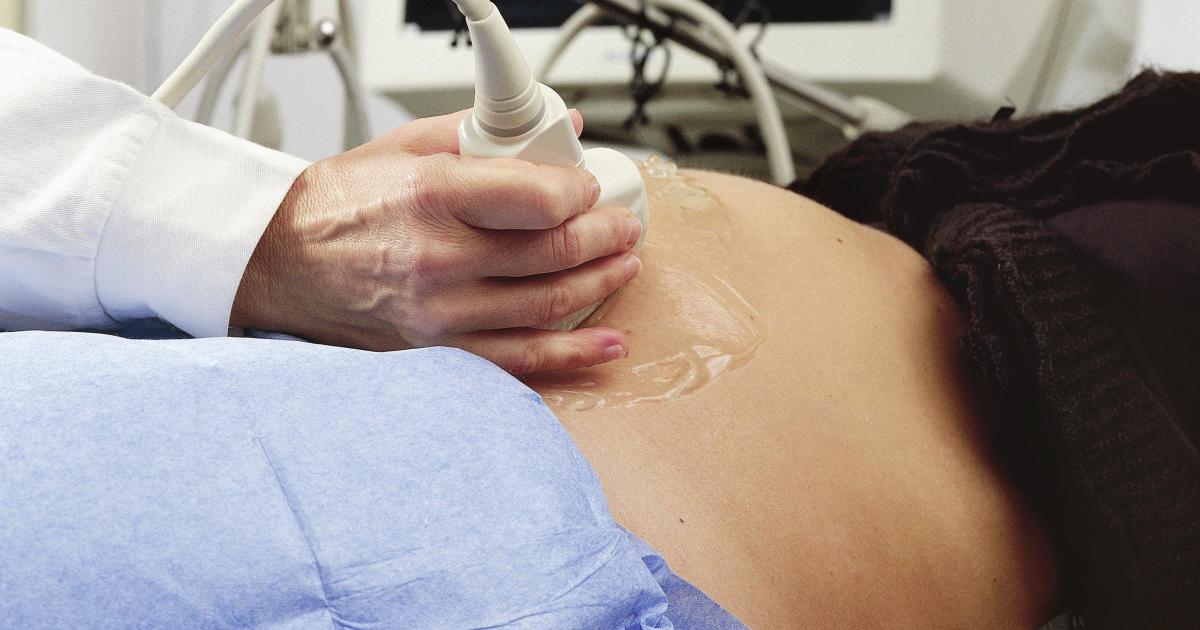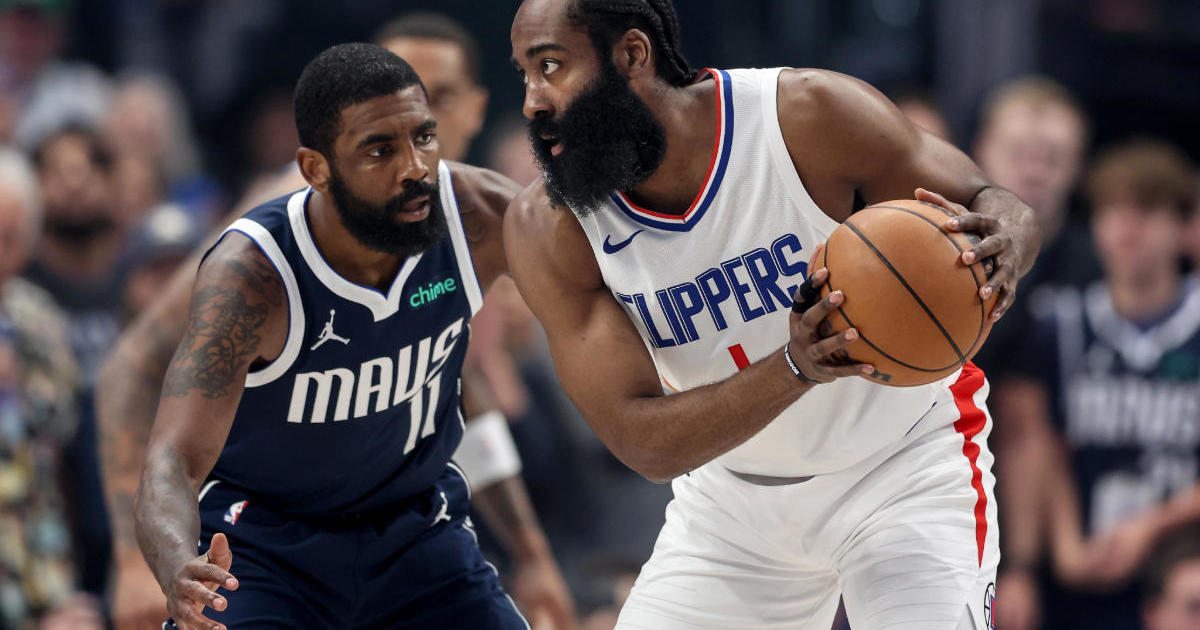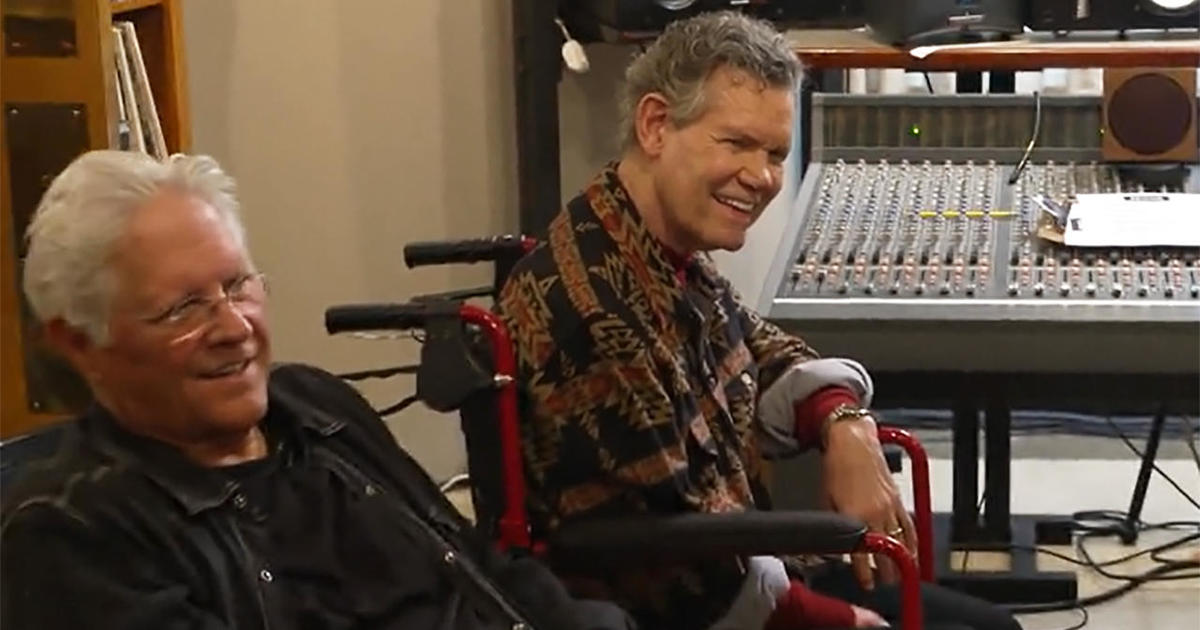Transcript: Dr. Scott Gottlieb on "Face the Nation," August 29, 2021
The following is a transcript of an interview with former FDA Commissioner Dr. Scott Gottlieb that aired on Sunday, August 29, 2021, on "Face the Nation."
ED O'KEEFE: We go now to former FDA commissioner Dr. Scott Gottlieb was also a member of the Pfizer board and the author of a new book, Uncontrolled Spread: Why COVID-19 Crushed Us and How We Can Defeat the Next Pandemic. It comes out next month. Doctor, good morning to you. We mentioned your associations with Pfizer, and my understanding is you have a little more information on the future of the vaccine for children.
DOCTOR SCOTT GOTTLIEB: Well, Dr. Fauci was on TV this morning talking about the potential for an authorization this fall. Pfizer is going to be in a position the company I'm on the board of, as you mentioned, be in a position to file data with the FDA at some point in September and then file the application potentially as early as October. So that'll put us on a time frame where the vaccine could be available at some point, late fall, more likely early winter, depending on how long FDA takes to review the application. Historically, they've taken four to six weeks to review these authorizations, as well as how much long term follow up data FDA requires on the kids in the clinical trial. If they require a longer-term median follow up on the kids enrolled in the clinical trial. It could take longer to get to an authorization, but the- but the agency will be in a position to make an authorization, I believe, at some point, late fall, probably early winter. And probably they're going to base their decision on what the circumstances around the country, what the urgency is to get to a vaccine for kids.
ED O'KEEFE: So, there's a possibility around the holidays, then at the end of the year, beginning of next year, that children down to age five at least could be getting shots.
DR. GOTTLIEB: I think that's right, so if Pfizer files the application at some point in October, that puts you on a timeline that it could be available, authorized at some point in November, late November, maybe early December. So that, again, puts you on timeframe that you could start rolling out these vaccinations before the end of the year.
ED O'KEEFE: Got it.
DR. GOTTLIEB: The data on kids two to five is going to be available in November.
ED O'KEEFE: So, they could have it done by early next year then that's good news because obviously there are a lot of parents about to send kids back into school. Some are already back in school. And there's growing concern, especially in the Northeast, that the infection rates could spike as school reopens in those states. I mean, what advice do you have for anxious parents at this point as they prepare to send the kids back?
DR. GOTTLIEB: Yeah, what we're seeing in the south is very concerning, an epidemic that coursed its way through the adult population is now coursing its way through children, particularly as they re-enter school. There's 300 kids a day being hospitalized around the country for COVID. And you look at some of the school districts down the south, Tampa, as of August 10th when they reopen school, has 10,000 kids have already been diagnosed with COVID. Other districts are seeing similar effects, I think, as we head back to school here in the northeast. Schools need to look at what's happening in the south and take adequate precautions. I don't think that we should be going into the school year, lifting the mitigation that may have worked and probably did work last year to control outbreaks in the school setting until we have firm evidence on what works and what doesn't. I think we have to throw everything we can at this challenge of trying to keep the infection from becoming epidemic in the school setting. This delta variant is very contagious. It spreads easily in that environment. The two best things that schools could be doing right now is frequent testing. Twice a week testing is very effective, and there's a lot of resources that have been made available to local school districts to do that. And also keeping students in geographic pods, social pods, so not letting students intermingle with the entire student body but keeping them in defined pods probably by their classroom. Those two elements alone, according to the literature, are probably the two most effective steps schools can be taking. And then using masks and improving ventilation is also going to be very important. And finally, getting kids vaccinated, about 50% of kids who are eligible to be vaccinated have been vaccinated. So, there's still a lot of work we can do there, getting parents more information, trying to encourage parents to vaccinate their children.
ED O'KEEFE: We always appreciate you joining us on a Sunday morning, especially sharing that news about vaccinations and the hope for children. More children, younger children getting the shot soon. Dr. Gottlieb, as always, thanks for joining us. And--
DR. GOTTLIEB: Thanks a lot.
ED O'KEEFE: -- And we'll be right back with an update on Hurricane Ida with the mayor of Baton Rouge, Sharon Broome. Stay with us.



